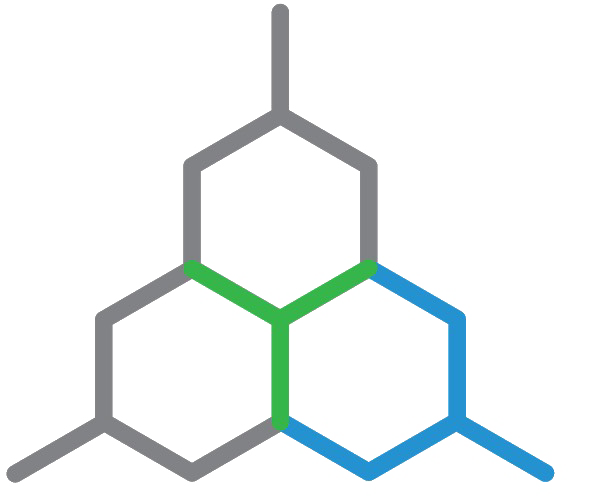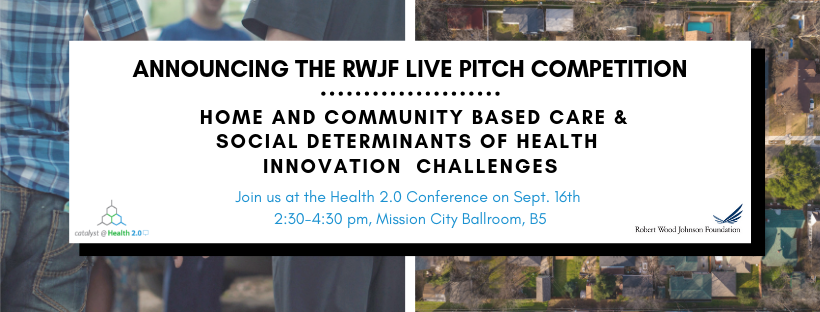Best Buy Launches Medical Alert Device & App for Seniors
Best Buy has announced the release of Lively by Great Call, an app that when used in conjunction with the Lively Wearable2, provides older adults with one-touch access to emergency response services via Bluetooth to their smartphones. The Lively app also features access to nurses and doctors, alerts to inform loved ones, and motivational behavioral tracking to aid seniors in living active and independent lives. The app and wearable combination is the latest addition to the Best Buy Health product line, and the retail giant’s latest foray into the $3.5 trillion U.S. health care market.
Teladoc Anticipates Rapid Telehealth Adoption Amidst Flu and COVID-19 Threats
Virtual care provider, Teladoc Health, aims to accelerate its virtual care deployment in anticipation of growing demand for telehealth. This year, Teladoc saw an increased number of telehealth visits due to a particularly severe flu season, and is expecting those numbers to rise as diseases like COVID-19 continue to threaten the U.S.’ health care infrastructure. Teladoc is not alone—stakeholders like the Alliance for Connected Care are petitioning policymakers in Congress to include provisions that would allow telehealth visits to be covered in traditional Medicare during public health emergencies. If policies are amended, telehealth providers across the nation can anticipate a sharp rise in demand and profit(s).
Upcoming Interoperability Event
Are you attending HIMSS in Orlando next week? If so, Catalyst invites you to join us at the 2020 Health Dev Jam on March 9th, 2020 at the Rosen College of Hospitality Management—just a few minutes from the Orlando Convention Center. Register today to learn about data access, consumer APIs, and patient empowerment as it relates to the future of health data interoperability.
Space is limited—register today! Use discount code “CatalystVIP” at checkout for more than half-off the rate at the door.











